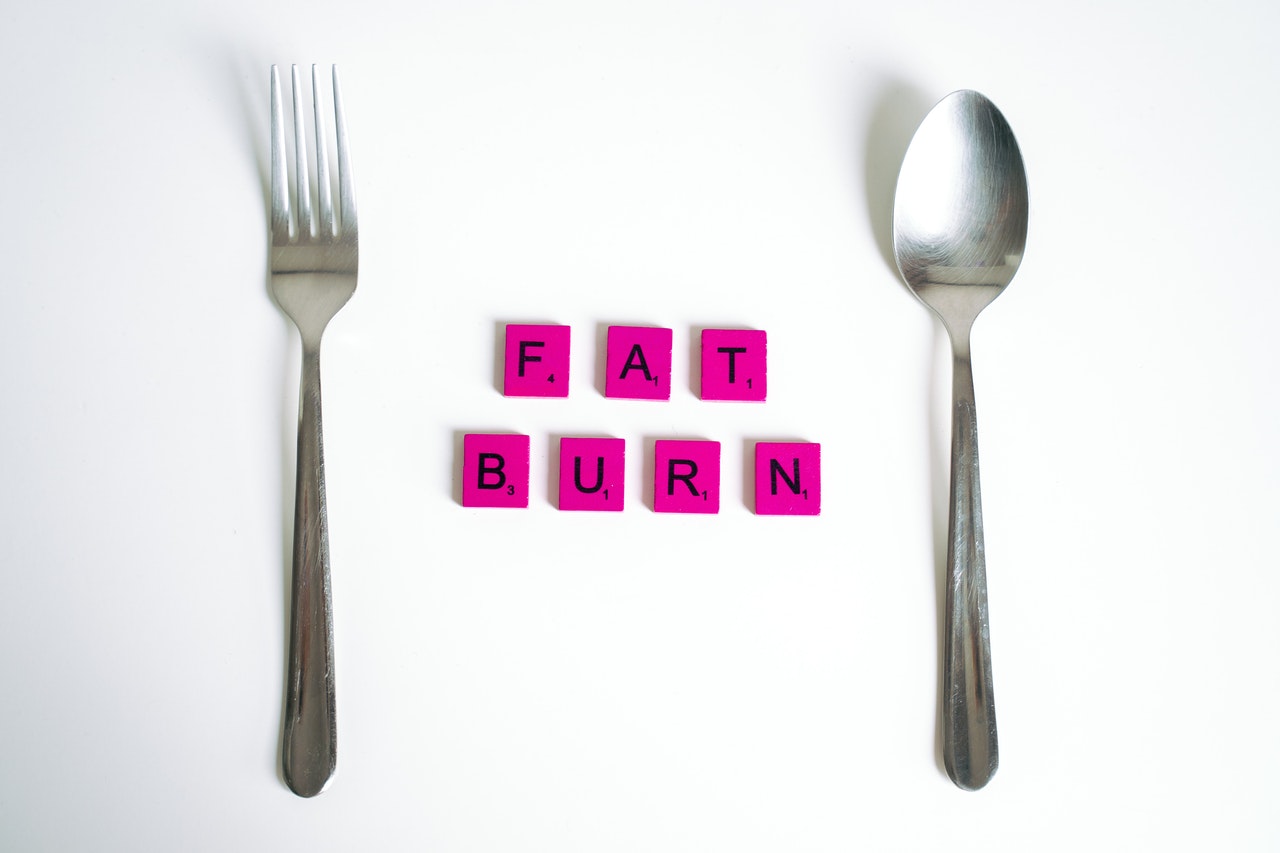Ever heard about the metaphor: The unbearable pain of a broken heart — what if feeling extreme stress could physically break your heart?
Yes, stress has a real impact on our bodies. Studies and articles have focused on the impact of stress on our lives: it’s making us fatter, giving us headaches, and making us depressed — and now, it’s discovered that stress can also physically damage our hearts. Well, chocolates do help in the matters of the heart.
Stress can lead to various disease processes, physical or psychological. Each and every organ of our body responds differently to stress and the sum of all will lead to the non-specific systemic reaction of the body depending on the exposure time to stress.
Different types of stress
- Acute Stress: Focused around a singular incident, major life events, that’s unexpected and sudden, causes feelings of dizziness, hyperventilation, or a rush of adrenaline. It’s common to hear and feel one’s heartbeat pounding as if it were amplified. e.g. accident, death of a loved one, unexpected loss of a job, etc.
- Episodic Acute Stress: An acute stress is acute stress that happens frequently, instead of a one-time occurrence, like hyperventilating, dizziness, and heart-pounding — on a regular basis. e.g. worry extensively, generally anxious or irritable, etc.
- Chronic Stress: A repetitive action experienced by an individual on a daily or weekly basis. e.g. relationship issues, rush hour traffic, an overbearing boss, or daily workload, etc.
Stress can cause an autonomic imbalance which can affect heart rate, blood pressure, respiration, digestion, metabolism, etc. Thus, long term exposure to stress can lead to the development of chronic health problems and diseased states.

Recent studies show that India contributes to an increasing proportion of global cardiovascular disease deaths. In addition to that, the overall prevalence of undiagnosed hypertension in India is 18.69% among women aged 15–49 years.
Almost one in five women aged 15–49 years in India has undiagnosed hypertension.
A study conducted by the International Organization of Scientific Research – Journal of Dental and Medical Sciences on Indian women showed 3 months of Yoga training helped in reducing stress and improved cardiovascular parameters like resting heart rate, resting systolic and diastolic blood pressures. There are various means and ways to keep your heart fit. One of the known ways is through Yoga, and it has been scientifically proven. The schedule for Yoga which helped the stressed women of Mizoram improved their cardiovascular parameters is as below:
Schedule for yoga training

On Mondays, Tuesdays, Thursdays, and Fridays:
- Breathing practices- 5 minutes
- Instant Relaxation technique- 1-minute
- Loosening exercise – 10 minutes
- Quick relaxation technique- 5 minutes
- Surya Namaskar- 3 minutes
- Asanas – 30 minutes
- Deep relaxation techniques – 7 minutes
On Wednesdays:
- Loosening exercise – 7 minutes
- Surya Namaskar – 3 minutes
- Prayanama – 50 minutes
On Saturdays:
- Loosening exercise –30 minutes
- Quick relaxation technique –5 minutes
- Surya Namaskar –5 minutes
- Deep relaxation technique –15 minutes
Adopting Yoga as a safe and effective way to combat the various forms of stress in life.
It was concluded that Yoga has a beneficial effect on cardiovascular function and can play an important role in reducing the effects of stress.
Image Credits: Unsplash























